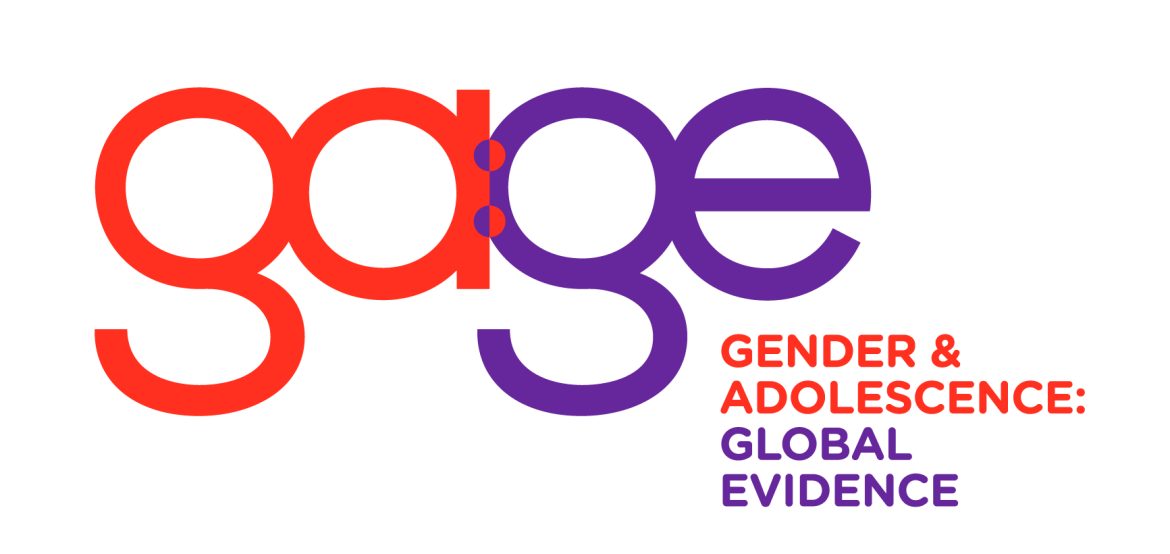The Gender and Adolescence: Global Evidence (GAGE) Programme, managed by ODI Global in partnership with the Lebanese Organization for Studies and Training (LOST) and Developmental Action without Borders (Naba’a), will host its Endline Conference on Thursday, September 25, 2025, at the Crowne Plaza Hotel in Beirut, Lebanon. The event marks the culmination of six years of participatory research (2019–2025) with over 100 adolescents and young people from Syrian and Palestinian refugee communities and vulnerable Lebanese host communities.
The conference will present findings from GAGE’s longitudinal participatory research, which has followed adolescents through Lebanon’s compounded crises—economic collapse, political instability, the COVID-19 pandemic, and the 2024 Israeli war against Lebanon. The study highlights how adolescents’ education, psychosocial well-being, opportunities, challenges, and aspirations have all been profoundly shaped by these overlapping crises, as well as their ability to exercise voice and agency.
Using participatory methods such as youth-led photography and interactive qualitative participatory tools, GAGE has documented both the challenges and the resilience of adolescents navigating prolonged instability as they transition into adulthood. The findings shed light on how young people’s aspirations and coping strategies have evolved—from initial shock and disengagement to adaptation and creative forms of expression—even as civic space and opportunities for participation have contracted.
“Over the past six years, I have had the privilege of listening to and learning from adolescents in Lebanon as they navigated some of the hardest moments of their young lives. I have seen their dreams interrupted, their confidence shaken by economic hardship, and their voices silenced by shrinking spaces for participation. Yet, I have also witnessed their courage, creativity, and determination to keep speaking out and imagining better futures, even when hope felt out of reach. These young people have taught me that resilience is not about enduring quietly—it is about insisting on being heard. Our responsibility now is to make sure their voices do not remain in research reports, but shape the policies and programmes that can truly respond to their realities and aspirations.” Sally Youssef, GAGE Lebanon Qualitative Research Manager.
Dr. Nicola Jones, Principal Research Fellow at ODI Global and Director of GAGE added that “It is exciting to see the culmination of this unique participatory research journey with youth from host community and refugee backgrounds, and to have an opportunity to reflect with key national and international stakeholders and young people themselves on the learning process as well as on their rich insights from sustained engagement with peers, and inter-generationally with their families and communities”
Mr. Assem Chreif, Director of LOST, who has partnered with GAGE from the outset of the programme further highlighted that: “This ‘learning by doing’ journey with GAGE has equipped us with the knowledge, skills, and confidence to design programmes rooted in credible evidence and participatory action research. Most importantly, it has shown us how essential it is to place young people’s voices and experiences at the centre of our work, ensuring that their realities shape the programmes and activities that aim to support them.”
The event will bring together youth researchers, academics, international agencies, national ministries, and civil society organizations to reflect on the findings and discuss their implications for shaping future programming with and for adolescents.
Key sessions will include:
- Youth Researchers’ Panel – participatory researchers sharing lived experiences of adolescence and transition into adulthood during Lebanon’s polycrisis.
- Policy Panel – with representatives from UN agencies and ministries, discussing implications for adolescent programming.
- Photo Gallery – showcasing youth-led photography capturing adolescents’ experiences and perspectives over six years.
The conference concludes with calls to prioritize adolescent-responsive policies and programming, strengthen social protection, invest in quality education and skills-building, and expand safe spaces for adolescents’ participation and agency.

